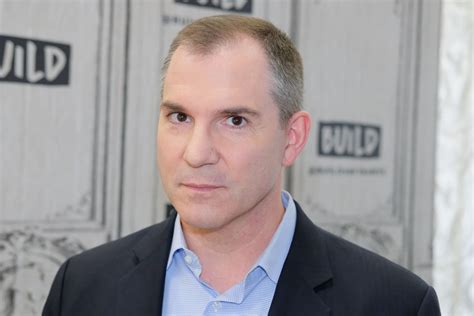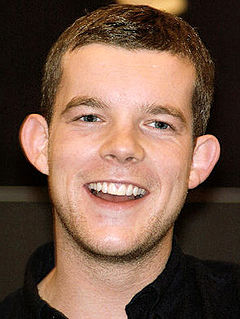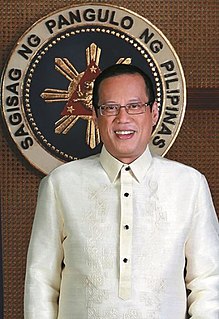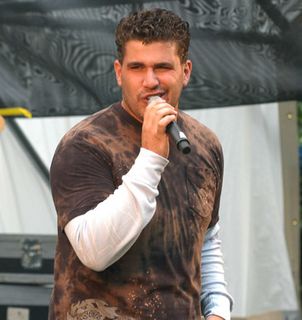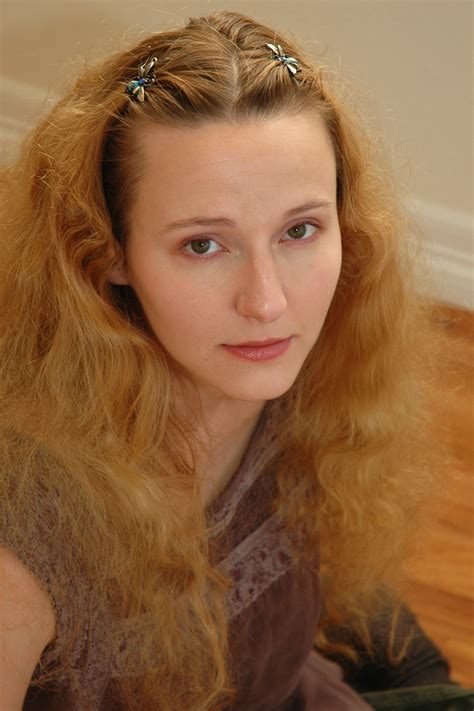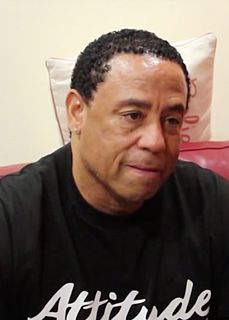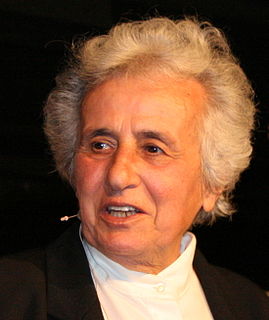A Quote by Steve Inskeep
Toward the end of the campaign, we interviewed some voters in Raleigh, N.C., which is a generally Democratic city, and I'm thinking of a young couple. They had two kids. They described themselves as Christian. They oppose gay marriage. And they were saying that even though they didn't like Donald Trump, they were thinking of voting for him. And one of the reasons was they felt that they were - their very views were making them socially unacceptable. They were feeling a little alienated from the world.
Quote Topics
Alienated
Campaign
Christian
City
Couple
Democratic
Donald
Donald Trump
End
Even
Feeling
Felt
Gay
Gay Marriage
Generally
Had
Him
Kids
Like
Little
Making
Marriage
Oppose
Raleigh
Reasons
Saying
Socially
Some
Them
Themselves
Thinking
Though
Toward
Trump
Two
Unacceptable
Very
Views
Voters
Voting
Were
Which
World
Young
Related Quotes
There are times I think of us all and I wish we were back in second grade. Not really that young. But I wish it felt like second grade. I’m not saying everyone was friends back then. But we all got along. There were groups, but they didn’t really divide. At the end of the day, your class was your class, and you felt like you were a part of it. You had your friends and you had the other kids, but you didn’t really hate anyone longer than a couple of hours. Everybody got a birthday card. In second grade, we were all in it together. Now we’re all apart.
I remember going to a Trump rally in South Carolina, and it was really important and it was really interesting to talk to the people who'd shown up there because they were not caricatures, and so often Trump voters, Trump supporters were being portrayed in the media, probably I'm guilty of it as well, as caricatures. Each of these people, and I talked to maybe a dozen of them, had a very particular reason why he or she was supporting Donald Trump , but these were not casual, inexplicable decisions.
When I was a congressman, I had occasion to talk to this group of students who were taking their seat. There were about 80 of them and I asked them, 'How many of you will be serving in the country once you graduate?' And, out of the 80, there were two that raised their hands. The rest were thinking of leaving.
I didn't like what was on TV in terms of sitcoms?it had nothing to do with the color of them?I just didn't like any of them. I saw little kids, let's say 6 or 7 years old, white kids, black kids. And the way they were addressing the father or the mother, the writers had turned things around, so the little children were smarter than the parent or the caregiver. They were just not funny to me. I felt that it was manipulative and the audience was looking at something that had no responsibility to the family.
There were three options [in Allied], which were for [Bred Pitt] to shoot [Marion Cotillard], for them to escape, or for her to pull the trigger, which is a heroic act to spare him. When I was thinking about how it would end, a long time ago, I think I tried each of them to see, but two of them did not work.
The great bulk of the legal voters of the South were men who owned no slaves; their homes were generally in the hills and poor country; their facilities for educating their children, even up to the point of reading and writing, were very limited; their interest in the contest was very meagre--what there was, if they had been capable of seeing it, was with the North; they too needed emancipation.
Marriage has failed because you could not rise to the standard that you were expecting of marriage, of the concept of marriage. You were brutal, you were, you were full of jealousies, you were full of lust; you had never known really what love is. In the name of love, you tried everything which is just the opposite of love: possessiveness, domination, power.
The whole thing was set up very cleverly. The people who were torn from their normal lives and put on the trains may have heard that terrible things were happening in Auschwitz, but even up to the end, they kept on thinking: Perhaps it isn't so bad after all. And then they arrived and the SS told them: "The old people and the sick can take the truck. Anyone who is still young can walk." It took us a while to realize that the ones who were being driven were really being taken to the gas chambers.



